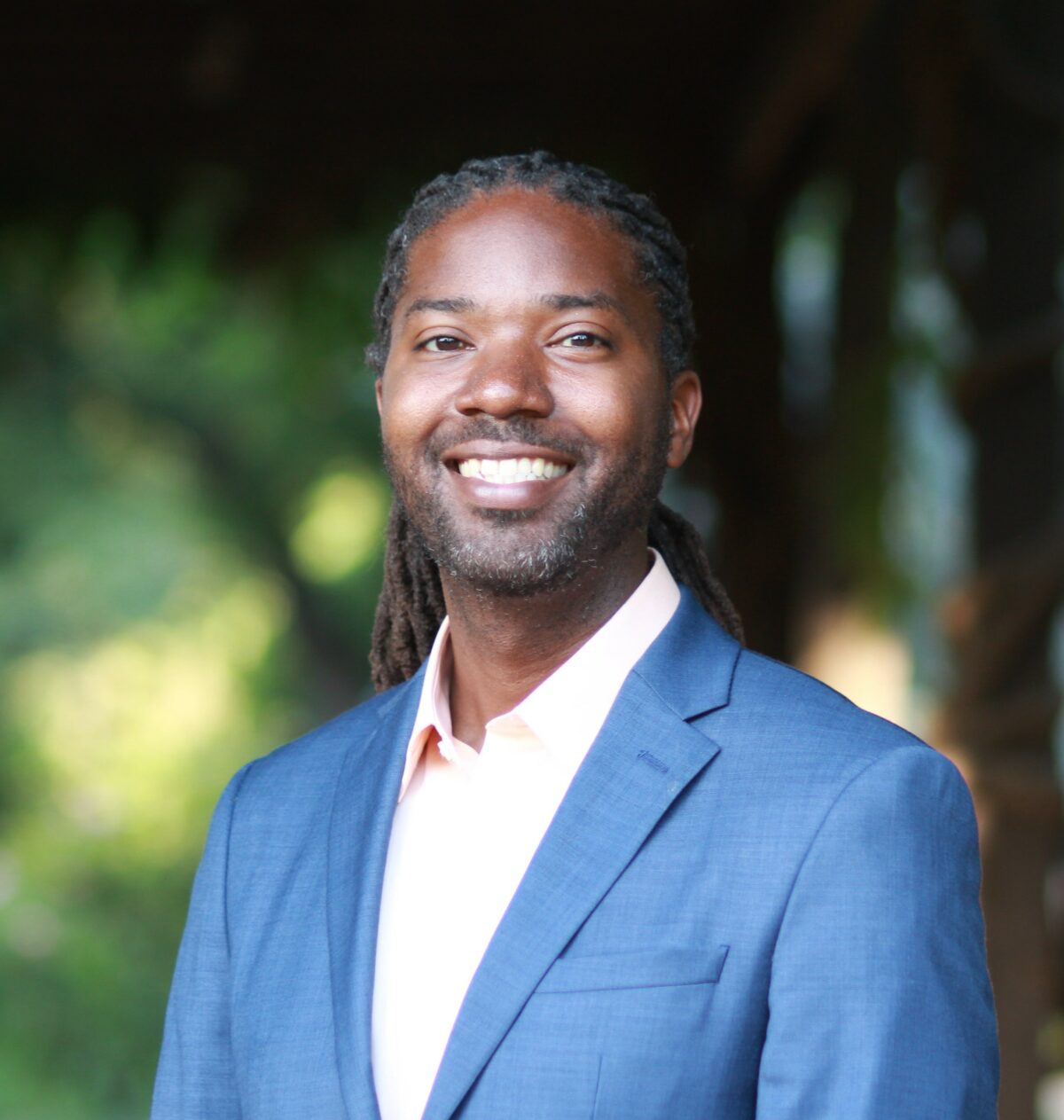Preparing a sermon is a sacred act.
However, at times, I find myself frustrated by how long it takes. As a teacher of preachers, I’ve learned that I am not alone. Life is busy. The challenges of our times are endless. And, for many ministry leaders, sermon preparation can feel like it is taking away precious time from urgent demands and responsibilities. One response is to prepare sermons faster.
While there is wisdom in improving our process of preparing a faithful sermon, there are dangers lurking in an insatiable urge to speed up the development of our messages. Faster is not always better. To echo the 16th-century monk Brother Lawrence, in rushing through sermons week after week, how might we miss the opportunity to “practice the presence” of God and others?1
As an alternative, what if we cultivated an unhurried approach to preaching?
Unhurried preaching is a theological practice that trusts God is present before, during, and after any sermon we preach. More than a technique, it is a way of being attentive to the Scriptures, the beauty and pain of the world, and the people entrusted to our care. At its best it emerges from “an unhurried life” that ebbs and flows in the “unforced rhythms of grace” (Matthew 11:29 The Message).2
In what follows, I offer three simple, but potentially formative contemplative practices for busy preachers to foster an unhurried approach to preaching:
Soak deeply in the Scriptures before the sermon
One seemingly obvious practice to cultivate unhurried preaching is slowing down to soak our lives in the Scriptures in our sermon preparation process. In her helpful book, Preaching Jesus Christ Today, Annette Brownlee laments the ways that preachers so often quickly “exit Scripture’s room.”3 We rush to our stories, doctrines, applications, and more rather than inviting people to attend carefully to the rich textures of sacred Scripture. I can’t help but think that part of the reason why is that we do not linger with Scripture long enough ourselves. While few pastors have the luxury of spending endless hours contemplating God in the Scriptures, there are some meaningful ways to soak more deeply in the Scriptures before we proclaim them to others.
Here are some practical tips for the busiest of preachers:
- Write out the primary passage you’ll be preaching from by hand and mark it up with observations and questions.
- Engage in Lectio Divina alone or with a group like Backstory Preaching.
- Have a conversation about the Scripture passage with a friend, family member, or congregant, perhaps over a meal.
Create space for reflection during the sermon
Along with soaking deeply in the Scriptures before the sermon, unhurried preachers also seek to create space for reflection during their sermons. Henri Nouwen once spoke of how we live in a “wordy world.”4 In our church services, our sermons can sometimes be so full of words that there is little time for reflection. Of course, we trust that the Spirit takes up our words and speaks in, through, and beyond them. And reflection can happen without us inviting it during or after the sermon. However, in my experience, it can be helpful to intentionally invite people into reflection in ways that are appropriate given our personality, style, and preaching context and tradition. It can be a way to hold space for the Spirit to speak to people in the deepest places and for them to consider how they might respond.
Here are some of the many potential ways to offer space for reflection during a sermon:
- Raise an open-ended question during the sermon and invite people to reflect on it in pairs or alone for at least a minute or two.
- Incorporate artwork that accompanies your Scripture passage and allow people to take a moment to reflect on it.
- Be generous in offering pauses at various points in the sermon.
Each of these practices assumes that there is space for silence in the sermon. This can be hard for many of us preachers. Silence can feel awkward. And we have to prepare our congregation to enter into it. However, we do well to consider Howard Thurman’s conviction that “God often speaks loudest in silence.”5
Develop a ritual of replenishment after the sermon
A third and final practice that I’d like to mention to cultivate unhurried preaching is one that comes after the sermon: develop a ritual of replenishment. Sermons can be exhausting. Even for the most extroverted preacher, preaching can take a spiritual, emotional, and/or physical toll. What we do week after week when we finish preaching can affect our long-term health as ministers. Of course, the reality is that we all have a post-sermon ritual, but it may or may not be one that serves us and our community well. For this reason, it can be helpful to intentionally examine our existing post-sermon ritual and consider what might be added, removed, or slightly modified to contribute to our holistic renewal.
Each person’s ritual of replenishment will look different depending on their needs, struggles, and personal background, but here are some ideas:
- Release the results of the sermon to God in a written or extemporaneous prayer.
- Go for a walk.
- Take a nap.
Given the challenges and complexities of our times, we desperately need preachers who are present to God and others in their life and ministry. Among other things, this requires developing an unhurried approach to preaching. These three practices can be used by the Spirit to help us take further steps in this direction for the good of others and the glory of God.
Notes
- Brother Lawrence of the Resurrection, Practice of the Presence: A Revolutionary Translation by Carmen Acevedo Butcher, trans. Carmen Acevedo Butcher (Minneapolis, MN: Broadleaf, 2022).
- In recent years, several authors have written about the importance of cultivating an unhurried life and ministry. See, for example, Alan Fadling, An Unhurried Life: Following Jesus’ Rhythms of Work and Rest (Downer’s Grove, IL: IVP, 2013); John Mark Comer, The Ruthless Elimination of Hurry (Colorado Springs, CO: Water Brook, 2019), and Brian Croft and Ronnie Martin, The Unhurried Pastor: Redefining Productivity for a More Sustainable Ministry (Charlotte, NC: The Good Book Company, 2024).
- Annette Brownlee, Preaching Jesus Christ Today: Six Questions for Moving from Scripture to Sermon (Grand Rapids, MI: Baker Academic, 2018), 2.
- Henri J.M. Nouwen, The Way of the Heart: Desert Spirituality and Contemporary Ministry (New York, NY: Harper Collins, 1981), 45.
- Howard Thurman, The Inner Life and Social Responsibility, Walking with God: The Sermon Series of Howard Thurman, Volume 4, eds. Peter Eisenstadt and Walter Earl Fluker. (Maryknoll, NY: Orbis, 2023), 156.

